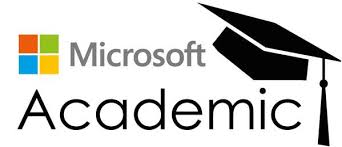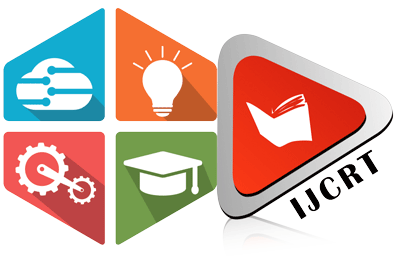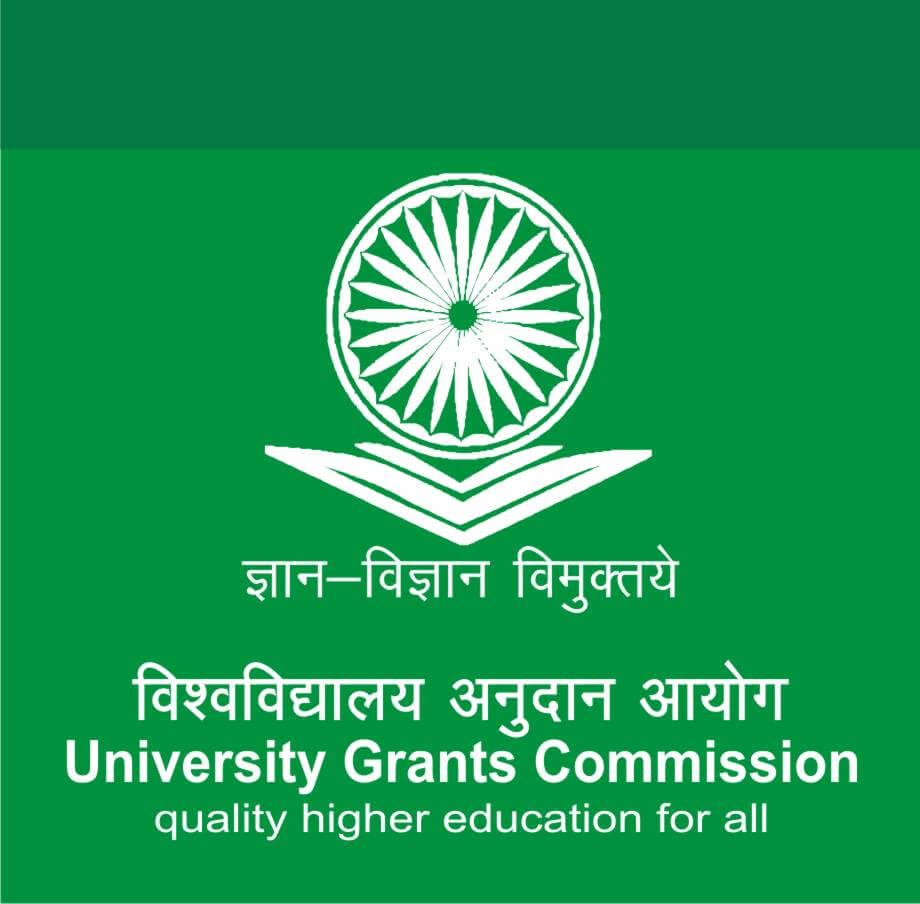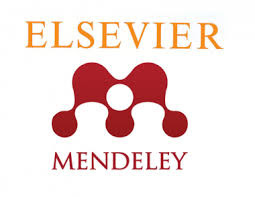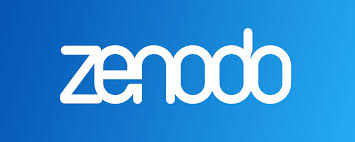INTERNATIONAL JOURNAL OF CREATIVE RESEARCH THOUGHTS - IJCRT (IJCRT.ORG)
International Peer Reviewed & Refereed Journals, Open Access Journal
IJCRT Peer-Reviewed (Refereed) Journal as Per New UGC Rules.
ISSN Approved Journal No: 2320-2882 | Impact factor: 7.97 | ESTD Year: 2013
Call For Paper - Volume 14 | Issue 2 | Month- February 2026
Scholarly open access journals, Peer-reviewed, and Refereed Journals, Impact factor 7.97 (Calculate by google scholar and Semantic Scholar | AI-Powered Research Tool) , Multidisciplinary, Monthly, Indexing in all major database & Metadata, Citation Generator, Digital Object Identifier(CrossRef DOI)
Contact Us Click Here
WhatsApp Contact Click Here
Recently, on October 3, 2024, the UGC discontinued the UGC-CARE journal list and allow publication in Transparent Peer Reviewed journals (or Refereed Journals). IJCRT is Peer Review Journal Valid As per New UGC Rules.
You can now publish your research in IJCRT. IJCRT is a Transparent Peer-Reviewed Open Access Journal (Refereed Journal), aligning with UGC and UGC CARE recommendations. As an international, open-access, and online journal, Publishing with us ensures wider reach, academic credibility, and enhanced recognition for your work.
For more details, refer to the official notice: UGC Public Notice.
Discontinuation of UGC-CARE Journal Listing & Introduction of Suggestive Parameters
In supersession of the Public Notice dated 28th November 2018 for establishing UGC Consortium for Academic and Research Ethics (UGC- CARE), the Commission, in its 584th meeting held on 3rd October 2024, based on the recommendations of the expert committee, has decided to discontinue UGCCARE listing of Journals and develop suggestive parameters for choosing peer reviewed journals by faculty members and students.
Suggestive Parameters for Peer-Reviewed Journals
Journal Preliminary Criteria
Verify whether a journal is authentic, cloned, predatory or fake using the following points:
Journal Title - Ensure the journal's title is unique, accurately represented, and not deceptively similar to well-established or reputed journals.
- Cross-check the title in official databases like ISSN Portal to verify authenticity.
- Avoid journals with misleading, cloned, or predatory names designed to imitate reputable publications.
- Confirm that the title remains consistent across the journal’s website, ISSN records, and indexing databases.
ISSN Number (Print and/or online) – Verify the International Standard Serial Number (ISSN) through official sources to ensure authenticity.
- Check the ISSN in the official ISSN Portal
- For Indian journals, verify through ISSN India (NSL-NIScPR)
- Ensure the ISSN is valid, matches the journal title, and is consistently used across its website and indexing databases.
- Be cautious of fake or cloned ISSNs - always cross-check with official registries.
Periodicity & Issue Frequency – Verify that the journal follows a consistent and transparent publication schedule as claimed.
- Check if the journal adheres to its stated frequency (e.g., monthly, quarterly, biannual, or annual).
- Ensure past issues are published on time and accessible in the journal’s archives.
- Cross-check issue dates on indexing platforms like google scholar, Academia, SSRN and others to detect inconsistencies.
- Be cautious of journals that claim high-frequency publishing (e.g., daily or weekly) without a robust peer-review process, as this may indicate predatory practices.
Publisher Authenticity & Contact Details – Ensure the publisher is legitimate, transparent, and verifiable.
- Verify the publisher’s name, address, and official contact details on the journal’s website.
- Cross-check the publisher’s details in recognized directories like DOAJ, Scopus, Web of Science, or ISSN Portal.
- Ensure the publisher has a valid business registration with current bank account and is not linked to predatory publishing practices.
- Look for a professional email domain (e.g., publisher@journalname.org) instead of generic email services (e.g., Gmail, Yahoo).
- Be cautious of publishers that do not disclose physical addresses, use misleading names, or provide incomplete contact details.
Transparent Peer Review Policy – Ensure the journal has a clear, well-defined, and publicly available peer-review policy to maintain research integrity.
- Guidelines should outline the review process, reviewer selection criteria, and timelines for manuscript evaluation.
- Transparency Peer review tools: Scholar9.com
- Sample: https://scholar9.com/transparent-peer-review/S9-P-10-2024-IJRAR-0100
- Journals that do not provide clear peer-review details should be considered non-transparent and approached with caution of authentic
Website on a Certified Domain – Ensure the journal operates on a secure, professionally managed, and verifiable domain.
- The domain should be official, custom (e.g., .org, .edu, or .com), and not a free or subdomain (e.g., journal.freehost.com).
- Check for SSL security (HTTPS) to ensure data protection and authenticity.
- Verify the domain’s registration details using WHOIS lookup to confirm ownership and legitimacy.
- Avoid journals hosted on unstable, temporary, or suspicious domains, as they may indicate fraudulent or predatory practices.
Open Access or Subscription Based Policy – The journal should clearly define its access model and associated fees on its website.
- Specify whether the journal follows an Open Access (free to read) or Subscription-Based (paid access) model.
- Clearly disclose any publication fees (Article Processing Charges - APCs) or subscription costs, if applicable.
- Ensure transparency regarding author rights, copyright policies, and licensing (e.g., Creative Commons for Open Access journals).
- Be cautious of journals that do not mention fees upfront or demand unexpected charges after manuscript acceptance.
Plagiarism Checking & Proper Tools – The journal must ensure rigorous plagiarism detection using reputable tools and provide a detailed plagiarism report to authors.
- The journal should use recognized plagiarism detection tools such as Turnitin, iThenticate, Grammarly, or Plagscan.
- Clearly define the acceptable similarity index (e.g., less than 10-15% excluding references and common phrases).
- The plagiarism check should cover self-plagiarism, text recycling, and duplicate submissions.
- Authors should receive a plagiarism report before publication for transparency.
- Be cautious of journals that do not disclose their plagiarism-checking process or rely on unverified tools.
Editorial Board & Reviewer Details – Verify that the editorial board members and reviewers are credible with verifiable institutional affiliations and professional experience.
- The journal should provide detailed profiles of editors and reviewers, including their:
- Full name
- Institutional affiliation
- Work experience
- Research expertise
- Verified academic or professional credentials
- Example profile format: Scholar9 Profile
Journals that do not disclose editorial and reviewer details or provide vague/incomplete information should be approached with caution.
Integration with National/International Repositories – Ensure the journal is indexed in recognized national and international repositories for credibility and long-term accessibility.
- Verify inclusion in ONOS or similar platforms that support open scholarly communication.
- Check for indexing in institutional repositories, government databases, or digital archives such as DOAJ, CORE, PubMed, or arXiv.
- The journal should provide permanent access to published articles through these repositories.
- Be cautious of journals that claim repository integration without verifiable links or indexing proofs.
Archival Policy – Ensure that the journal has a clear, well-defined archival policy to preserve and provide long-term access to past issues.
- Verify if past issues are systematically archived and accessible on the journal’s website.
- Check for integration with trusted digital preservation services such as LOCKSS, CLOCKSS, Portico, or institutional repositories.
- Ensure that the journal assigns DOIs and maintains proper metadata for archived articles.
- Be cautious of journals that do not provide access to past issues or lack a formal archiving strategy, as this may indicate instability or a lack of credibility.
Fee Transparency – The journal should clearly disclose all publication fees upfront, with no hidden or unexpected charges.
- Article Processing Charges (APCs), submission fees, and any additional costs.
- Whether there are waivers or discounts for authors from specific regions or institutions.
- Any extra fees for services like fast-track review, colour printing, or open-access licensing.
- Ensure that the fees are reasonable and aligned with industry standards.
- Be cautious of journals that demand unexpected payments after manuscript acceptance or do not provide a clear fee structure on their website.
Indexing & Recognition – Verify if the journal is indexed in reputable open-access and academic databases, ensuring wider visibility and credibility.
- Check for indexing in Google Scholar, Academia.edu, SSRN, ResearchGate, and similar platforms.
- Higher credibility is indicated if the journal is listed in DOAJ, Scopus, Web of Science, PubMed, or IEEE Xplore.
- Ensure that the indexing claims are genuine and verifiable through official sources.
- Be cautious of journals that falsely claim indexing in reputed databases without valid links or proofs.
DOI & Digital Preservation – Ensure that all published articles are assigned Digital Object Identifiers (DOIs) from recognized agencies such as Crossref or DOI.org for authenticity and traceability.
- DOI Verification: Check if the journal issues valid DOIs that are registered and resolvable via official DOI directories.
- Long-Term Archiving: Ensure the journal follows a proper digital preservation strategy, such as archiving with LOCKSS, CLOCKSS, Portico, or institutional repositorie
- Permanent Accessibility: Articles should remain accessible even if the journal ceases operations or changes platforms.
Journals without a proper DOI system or long-term preservation plan should be carefully evaluated before submission.
Impact Factor – Verify the journal’s Impact Factor, if applicable
- Ensure that the Impact Factor is genuine and not self-claimed or from predatory metrics.
- Cross-check with official databases like H-index of google scholar for open access journal.
- Be cautious of journals displaying fake or misleading impact factors from unrecognized sources.
A legitimate impact factor indicates the journal's citation influence and research quality within its field.
Ethical Publishing Standards
- The journal should follow ethical guidelines from organizations like:
- Ensure policies on authorship criteria, conflicts of interest, and research misconduct are clearly defined.
February 2026
Volume 14 | Issue 2
Last Date :
28-Feb-2026
Submit Manuscript Online Impact Factor: 7.97 Review Results : Within 02-03 Days Paper Publication : Within 02-03 Days

ISSN: 2320-2882 Impact Factor: 7.97 and ISSN APPROVED Journal Starting Year (ESTD) : 2013

ISSN: 2320-2882 Impact Factor: 7.97 and ISSN APPROVED Journal Starting Year (ESTD) : 2013

CONFERENCE PROPOSAL CONFERENCE PROCEEDINGS





















